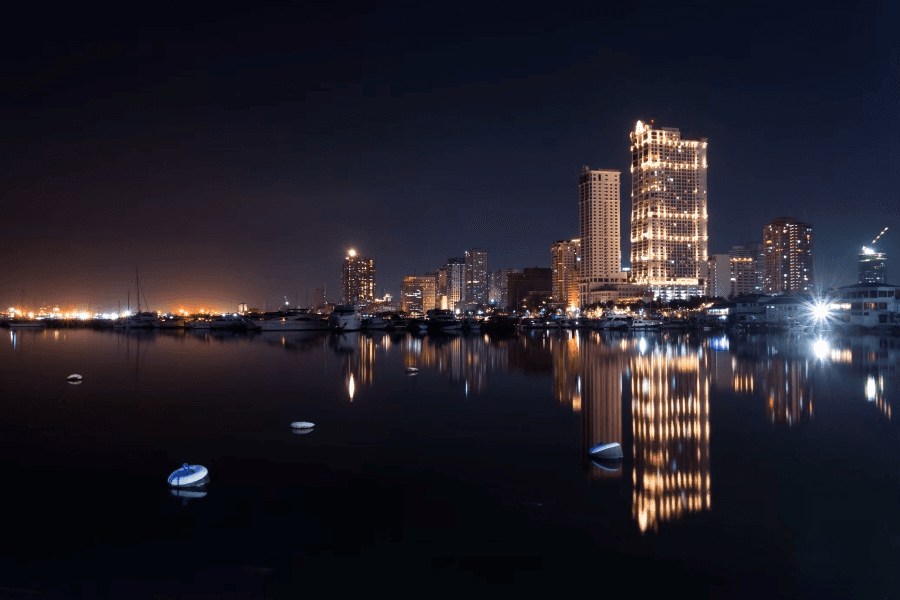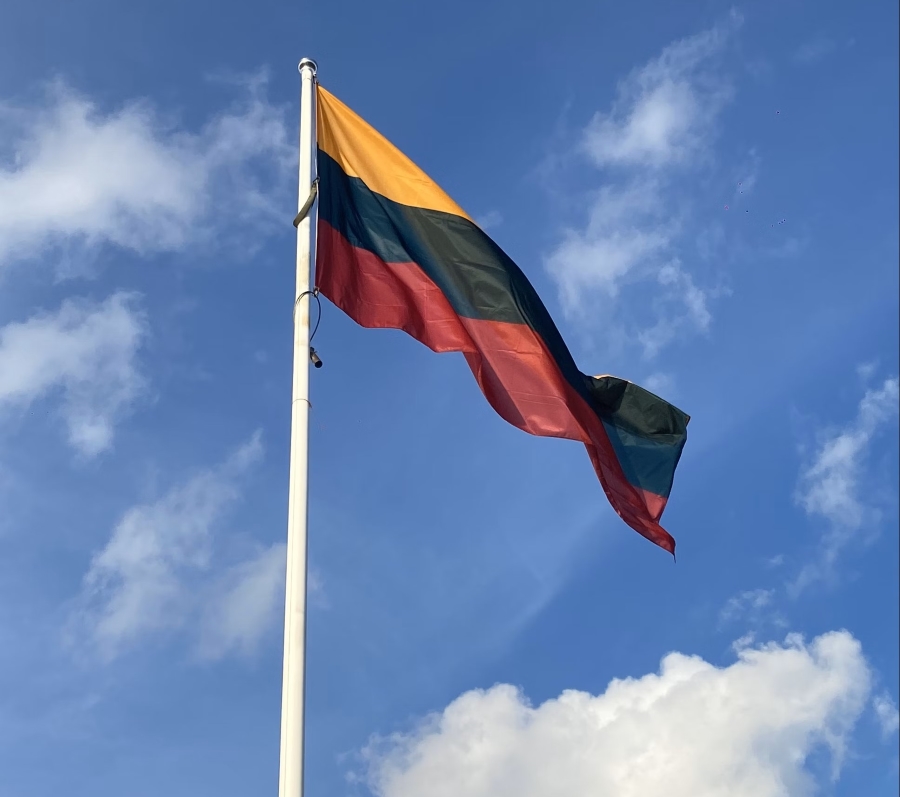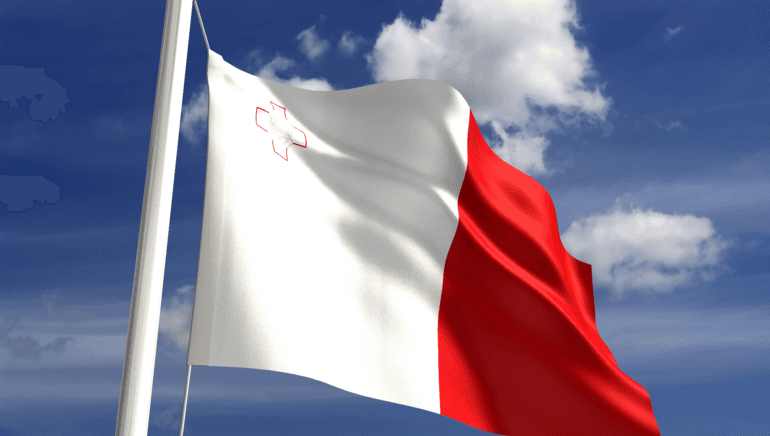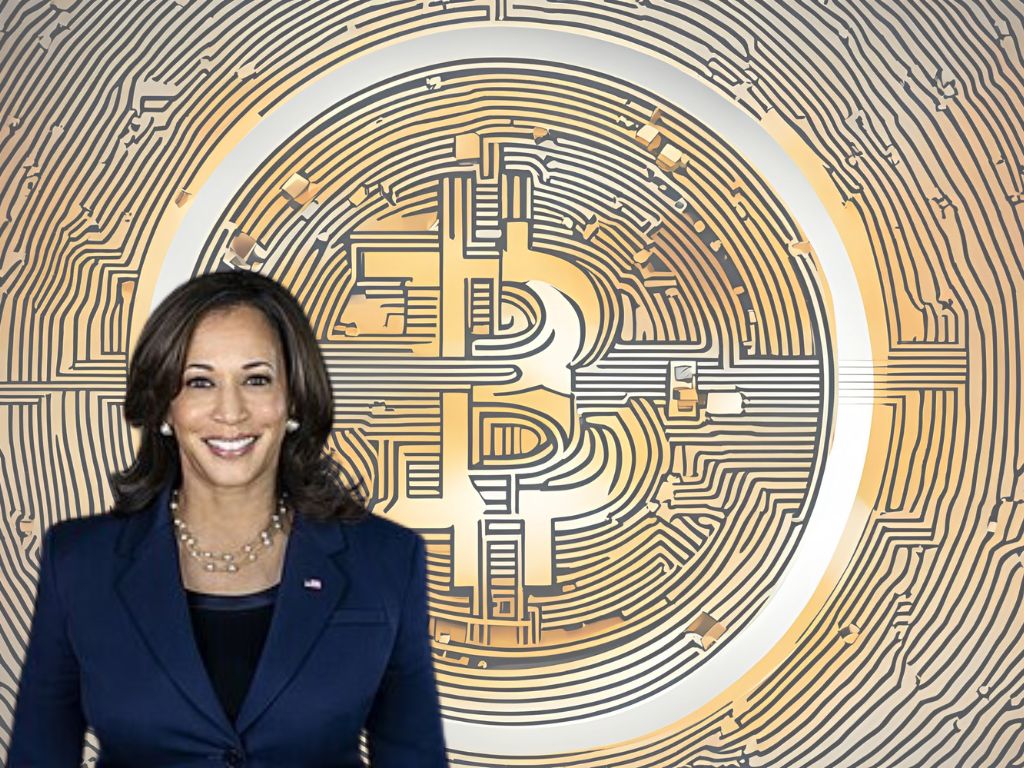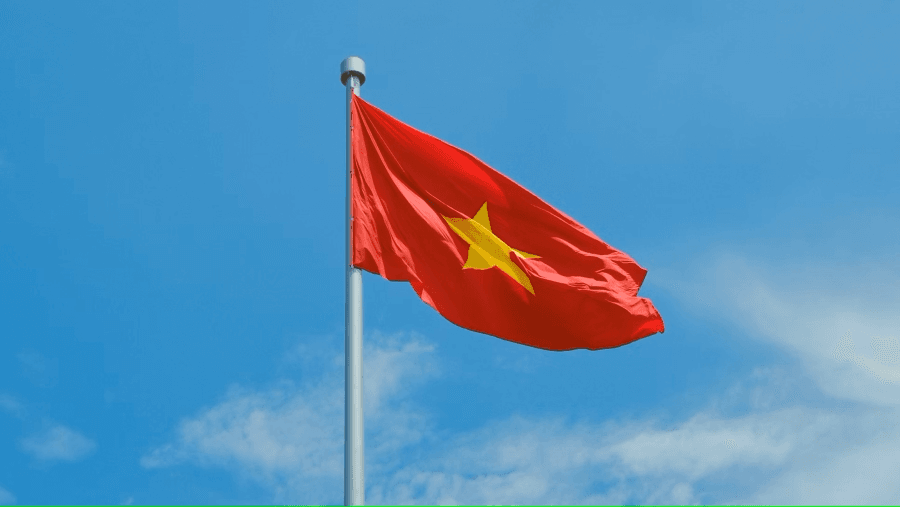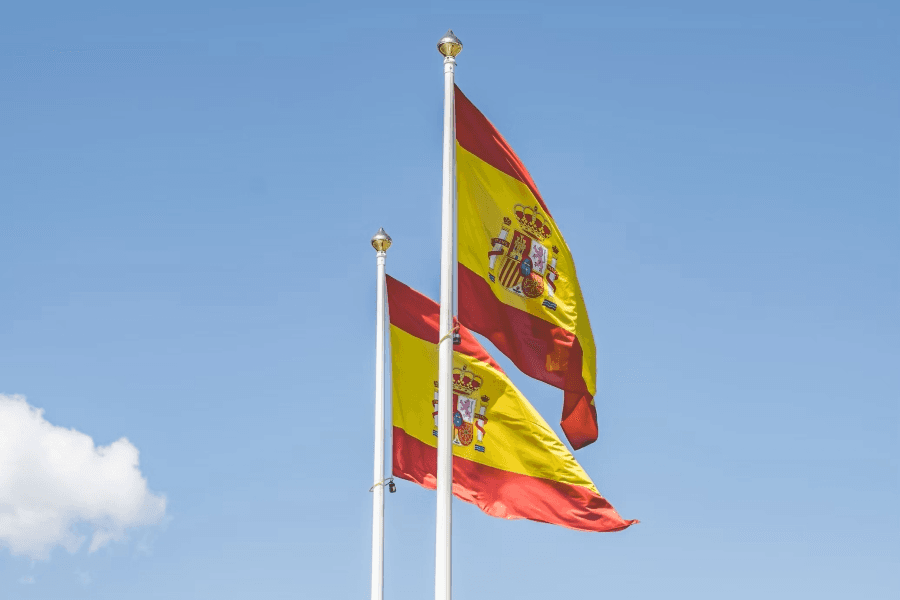The Philippine Amusement and Gaming Corp (Pagcor), the nation’s gaming regulator, has told GGRAsia the announced ban on offshore online gaming operators “will have a minimal impact” on the country’s gaming industry as a whole, as the segment’s contribution to total gross gaming revenue (GGR) remains small.
On Monday, during his State of the Nation Address, Philippine President Ferdinand Marcos Jr announced a ban on the formerly-named Philippine Offshore Gaming Operators (POGOs).
The head of state instructed Pagcor to “wind down and cease the operations” of POGOs – now known as “Internet Gaming Licensees” (IGLs) – “by the end of the year”.
As of July 16, there were 38 IGL permit holders allowed to offer gaming to customers offshore, and seven provisional licensees, according to Pagcor data.
In a written reply to GGRAsia on Tuesday, Catalino Alano, Pagcor’s assistant vice president for external communications, stated: “Financially, the decision to ban POGOs will have a minimal impact on the Philippine gaming industry since the segment accounts for less than 5 percent of [aggregate] GGR.”
The official said Pagcor “still believes” that it can reach the PHP100-billion (US$1.71 billion) gross revenue target for 2024, “with the continued strong performance of the e-Games sector”.
Pagcor’s first-half gross revenues totalled PHP51.76 billion, up 42.92 percent from a year ago, according to official data.
Gaming operations contributed the bulk of the agency’s revenues, at PHP45.39 billion. Of that amount, 45.53 percent – or PHP20.66 billion – was generated by the country’s electronically-delivered gaming sector, such as “e-Bingo, e-Games and bingo grantees,” according to the regulator.
According to the agency, the e-Games sector recorded PHP63.01 billion in GGR in the six months to June 30, up 208.4 percent from the prior-year period.
Pagcor’s Mr Alano said the ban on offshore gaming operators “could be seen as a positive development because it shows the government’s political will to address irregularities and criminal activities associated with POGOs”.
“We believe that the ban will not have any serious repercussions on the image of the Philippine gaming industry,” he told GGRAsia.
Widespread support
The chairman and chief executive of Pagcor, Alejandro Tengco, said last week that the agency was against certain legislative bills that had proposed banning all forms of online gambling in the country, regardless of whether the services were aimed offshore or were onshore ones. The country’s online sector also covers bingo and other forms of remote gambling, such as Philippine Inland Gaming Operator (PIGO) licences.
Key figures in the administration and the nation’s Senate have shown support for the President’s decision to ban POGOs.
Justice Secretary Jesus Crispin Remulla said on Monday that the head of state’s decision demonstrated the government’s “strong commitment to administering justice effectively and fairly”.
Finance Secretary Ralph Recto said in a Tuesday statement carried by local media outlets that his agency would help Filipinos affected by the ban on offshore gaming operators find new jobs.
“We have until the end of the year to ensure that all displaced Filipino workers will have new jobs and I think that is more than enough time,” said Mr Recto.
He added: “The Department of Finance will work closely with the Department of Labor and Employment to ensure that the workers’ incomes will not be severely disrupted and that we provide them with proper reskilling and upskilling training for new employment.”
Senator Risa Hontiveros, who is leading an investigation in the upper house into alleged links of POGOs to criminal syndicates, said the decision to ban offshore gaming operators was a “victory for the entire nation”.
“POGOs have brought innumerable and unspeakable social ills into the country,” she said in a statement. “I commend the President for his resolute pronouncement.”



 2024-07-23
2024-07-23

